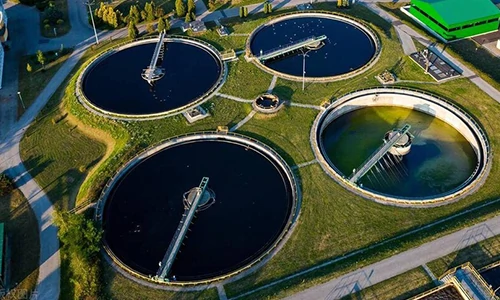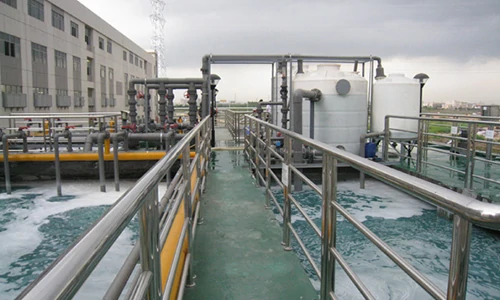In the quest for environmental sustainability, the role of advanced water pump technology has become increasingly pivotal. A recent case study from a leading environmental facility highlights the transformative impact of these pumps in enhancing operational efficiency and promoting eco-friendly practices.
Project Background:
A prominent environmental treatment facility, located in a region with strict environmental regulations, was facing challenges with its existing pump systems. The facility required a reliable and efficient solution to meet its water transfer and processing needs while minimizing environmental impact and operational costs. After extensive research, the facility chose to implement advanced water pump technology, including models such as the Wilo-Atmos TERA-SCH and Wilo-NX series pumps

Technology Implementation:
The new water pumps were selected for their high efficiency, reliability, and compatibility with the facility’s existing infrastructure. These pumps feature advanced materials and designs that enhance their performance and durability. For instance, the use of high-alloy stainless steel ensures resistance to corrosion and high-temperature environments. Additionally, the pumps’ optimized vane and casing designs improve flow efficiency and reduce energy loss.

Application Outcomes:
The implementation of these advanced water pumps has led to several notable improvements. Firstly, the facility has experienced a significant increase in water transfer efficiency, ensuring a stable supply of water for various processes. Secondly, the energy consumption has been reduced, leading to cost savings and a lower carbon footprint. The pumps’ reliability has also minimized downtime, enhancing the overall productivity of the facility.Moreover, the facility has been able to meet stricter environmental regulations by reducing water wastage and chemical leaks. The use of double mechanical seals and magnetic coupling technology in some pumps has further enhanced the safety and environmental compliance of the operations.
Future Prospects:
Looking ahead, the environmental industry is expected to continue leveraging advanced pump technologies to meet growing demands for efficiency and sustainability. As facilities expand and modernize, the integration of intelligent control systems and energy-efficient designs will become increasingly important. The success of this project demonstrates that by adopting innovative pump solutions, environmental facilities can not only improve their operational efficiency but also contribute to global sustainability efforts.

